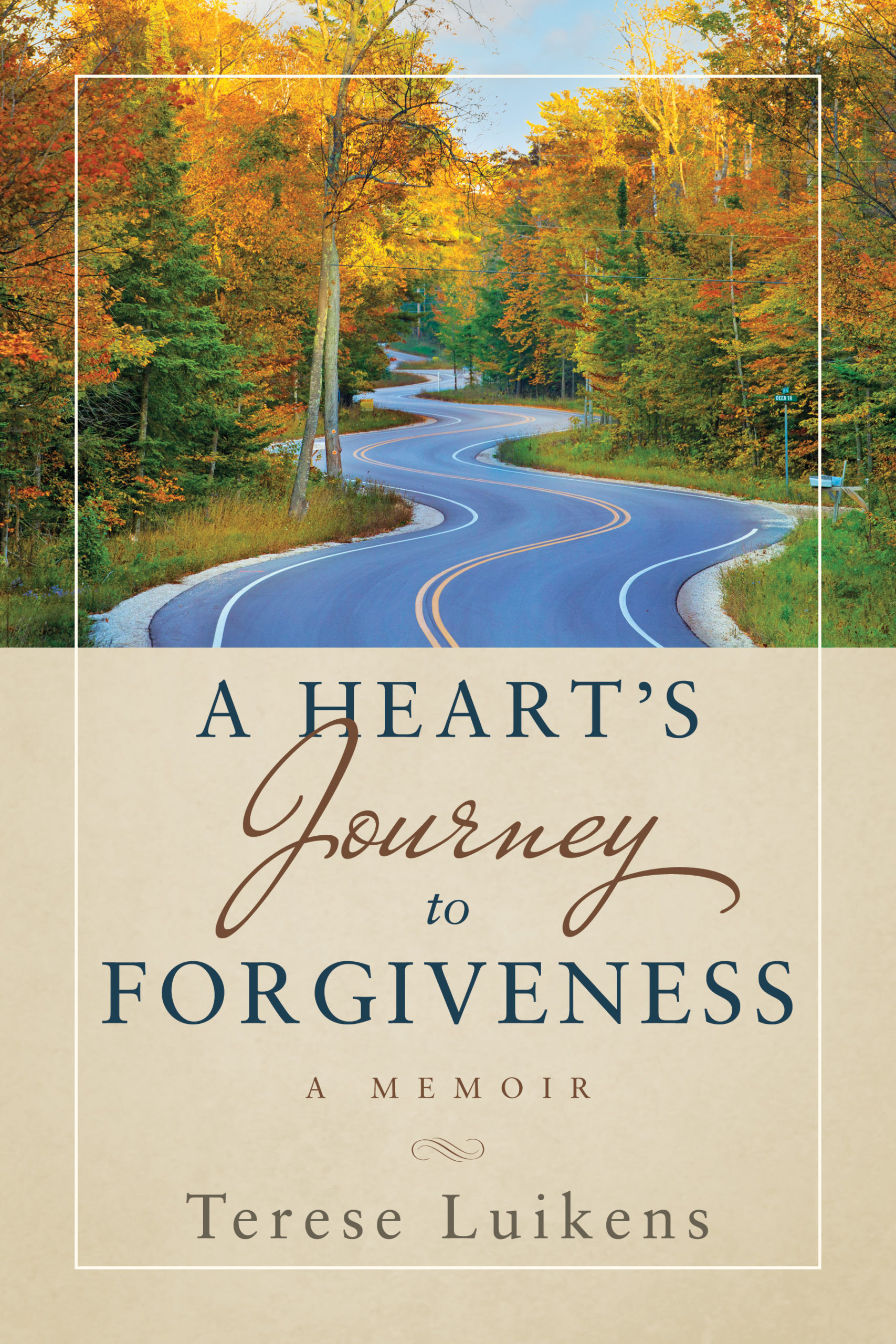
Why Bother Becoming Competent?
Recently, I came across an interesting learning model, Hierarchy of Competence. This model was popular in the 1960s and 1970s. It piqued my interest though because first of all, it made sense and secondly, it seems logical.
Out With the Old
There are four levels to this model. Level one is called unconscious incompetence. We’ve all been here before, living out a habit that we don’t even know is bad for us. For instance, a previous unhealthy pattern for me included my anger, worry and high anxiety. It’s just the way I was and I had no second thoughts about it until…
Level two is called conscious incompetence. This means we become aware of the fact that what we are doing is not healthy, but we struggle with how to go about doing something different.
I first became conscious that my anger was out of control during a particularly ugly encounter with our oldest son when he was a teenager and hell bent on destroying his life. My anger toward him not only scared him, but it scared me as well. As awful as this encounter was, it did awaken my consciousness and my need for change.
Level three is the next level and it is called conscious competence. This means that we begin a new habit on a regular and consistent basis, but it takes an immense amount of effort and we are not sure if the effort will pay off.
From the conscious incompetent stage to the conscious competent stage, I started practicing contemplative prayer. In its simplest terms, contemplative prayer is sitting still for 5-20 minutes and ruminating on a specific truth. I’d think about a piece of scripture such as “Be anxious for nothing,” or “Be still and know that I am God.”
Though sitting still for any length of time is a brutal workout for me, my contemplative prayer practice began to work. I felt less anxious and worried about my son, which made me trust that the practice would be worth the effort. And it was. Over time, I arrived at the fourth level of the Hierarchy of Competence; an unconscious competence along with a sense of peace.
Unconscious competence is when the habit is no longer a struggle. Consequently, contemplative prayer became a natural part of my life. This practice replaced the unceasing worry, high anxiety and anger with a calm forbearance.
Why bother becoming competent? Learning anything worthwhile is hard work. But, arriving at a level where we are unconscious about being competent can bring ease and wellness into our lives.
New Release
